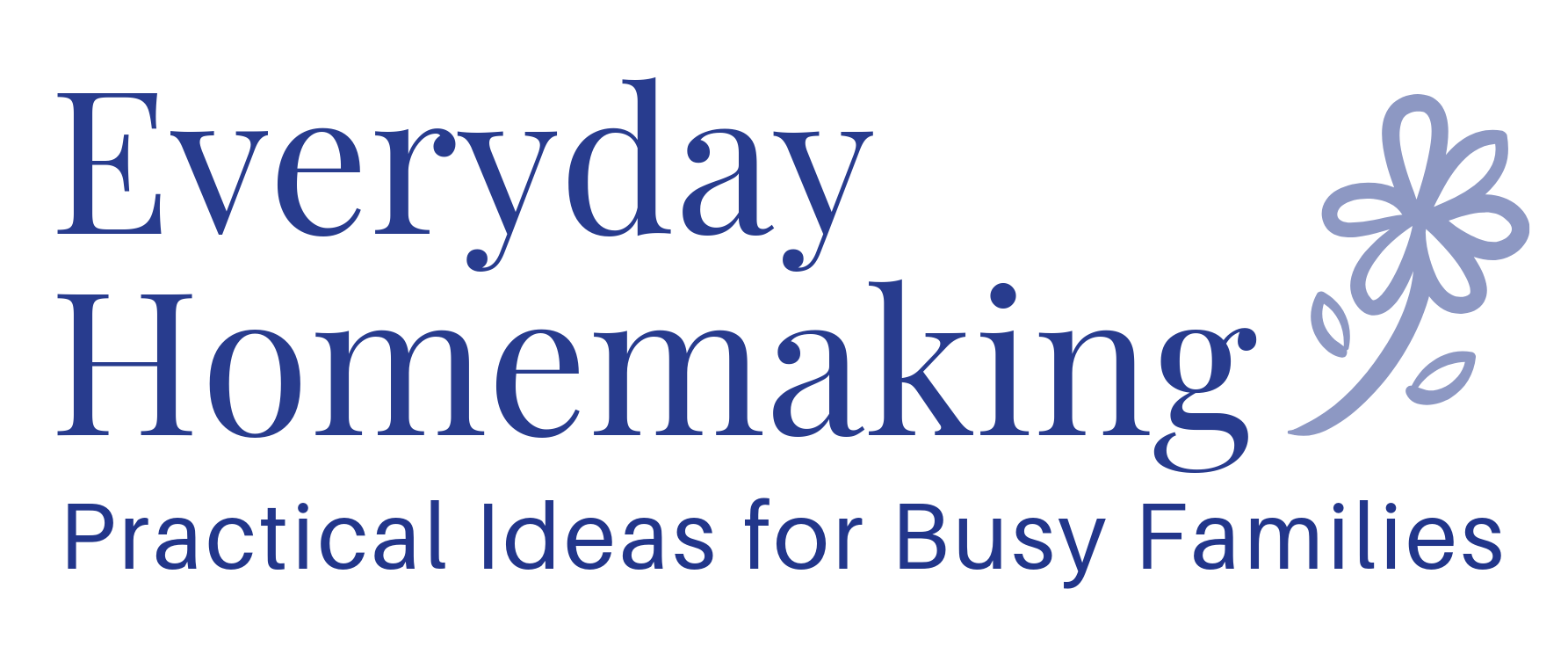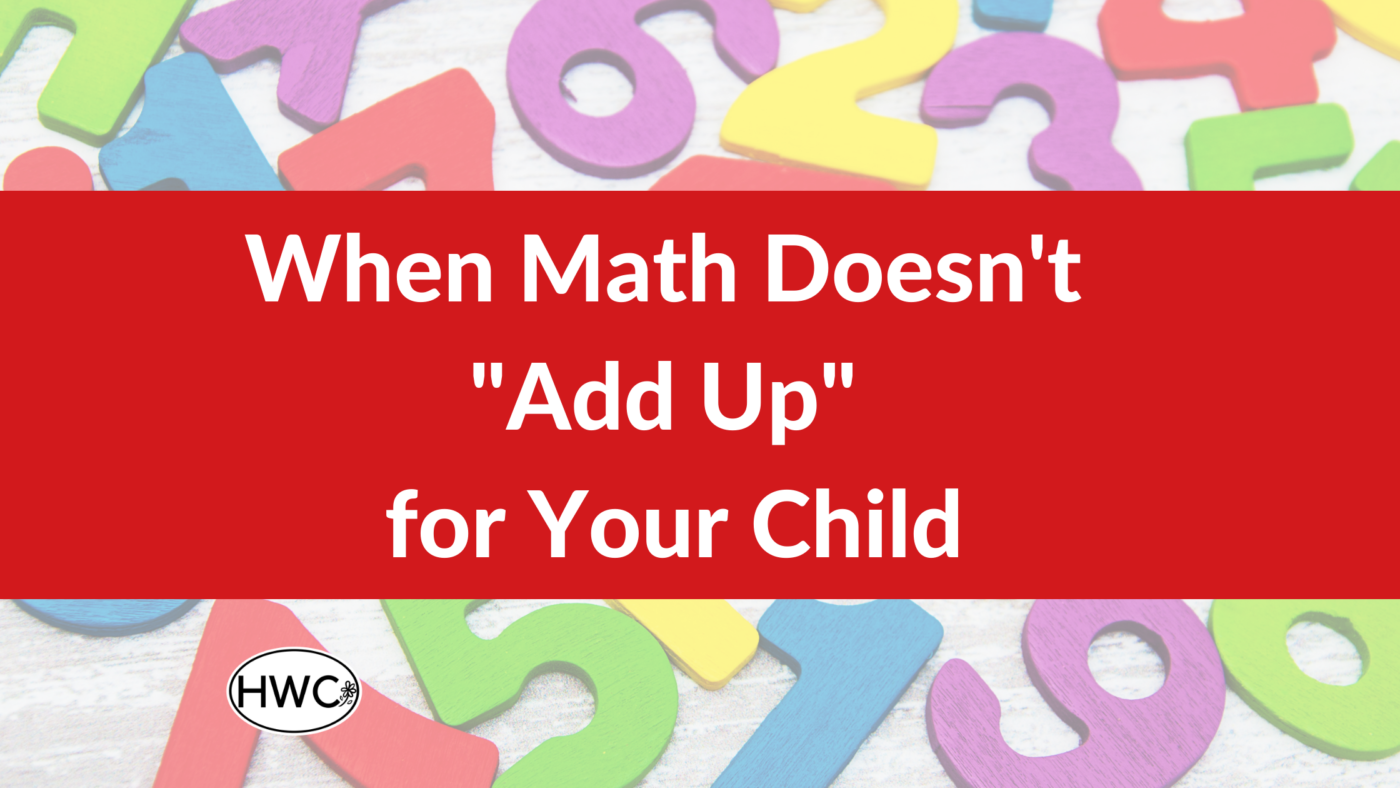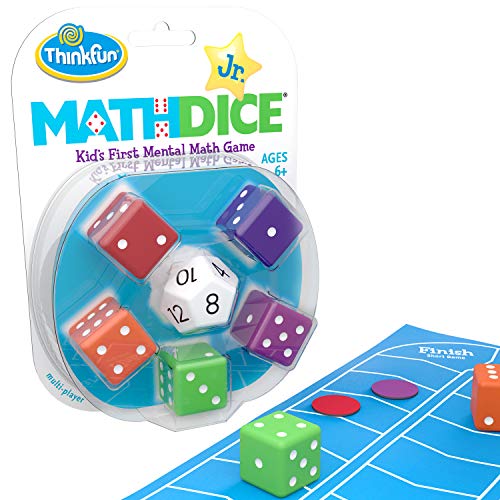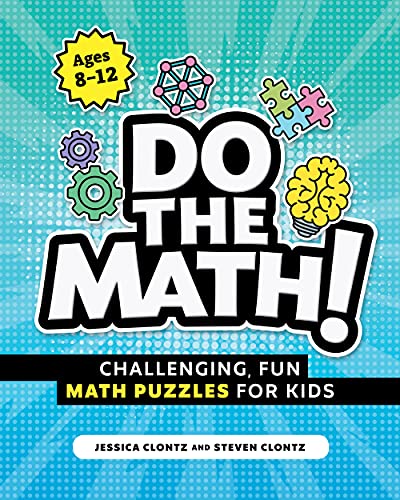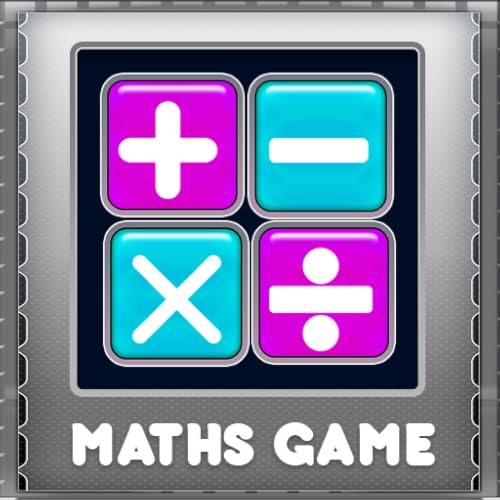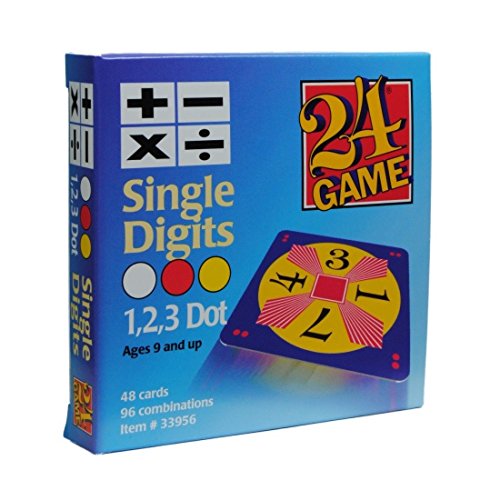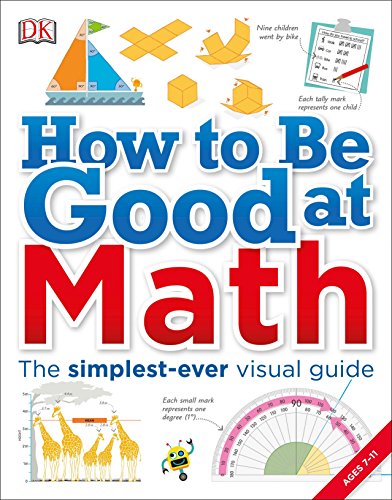You know that all kids learn at different rates and have different strengths. But it’s still easy to get a bit nervous when your 4th (or 7th) grader seems to still not grasp concepts you’d think she should know — or that you know you’ve gone over. You get a sense she could be “behind.” You wonder if you should keep trudging forward, or if you should back up a bit, or even repeat a grade in math. (I’m using she throughout this post because I have all girls; use whatever pronoun you prefer.)
First Things First
First of all: On what are you basing your assessment of “behind”? Does she not know the concepts, or is she just not getting the workbook done? One student was quite delinquent in finishing her workbook pages, but she could pass the final exam with flying colors and explain all the concepts to her mom, so her learning wasn’t behind, just the workbook completion (so mom moved her forward and worked on engaging her more at the next level). If she seems to know the concepts but is just not finishing her lessons, you might investigate if there’s too much writing for her, or if she is actually bored with the material, or a different approach may work better, or if you could manage with half the problem set vs the whole set.
For example, when my kids were incorrectly answering problems I knew they knew, I realized they were simply making careless errors because they were rushing through what felt like busywork to them. So I told them that if they could get 100% on their daily assignments for one week — just one week of being careful, asking me if they weren’t sure, and so on — they could go to “odds and evens” — meaning that on the even-numbered days of the month, they could do the even-numbered problems in that day’s lesson. On the odd-numbered days, they would only need to do the odd-numbered problems in that day’s lesson. They still did the several new concept practice problems, but could cut their spiral review load in half by simply being more careful. (They could do this as long as they still scored 90% or above.)
Obviously, had their zillion errors been because of lack of understanding, I would approach this differently, and we’d address the struggles…..but how?
Identify the Issues
If your student is struggling in math computation or comprehension, it can help to pinpoint what specific skills she struggles with. Here are some ways to determine if there are specific concepts she didn’t grasp at a foundational stage:
- Download a free pdf checklist of suggested learning objectives for grades K-8 from Hewitt OR the Typical Course of Study from World Book for your child’s grade level for math. Either checklist can help you identify what skills your child has already been taught and mastered and which still need to be addressed this year — hold the lists loosely, but these can help you identify any huge holes. You can use this information to help guide your plan for your student throughout the remainder of the year.
- Some parents are more comfortable with an actual test of some sort. The ADAM test from www.letsgolearn.com is about $25, is taken online, and gives you a parent report of her areas of strength and what skills she would need next.
So, What’s Next?
Once you pinpoint specific areas, if you don’t need to go back too far but simply need to repeat or reinforce some specific concepts:
- Power does offer a remedial math class online, taught by an Acellus instructor. I’m not sure if it’s a full semester course or a year course — it’s 24 lessons, but I’m not sure how they set those up (you’d want to ask) but it sounds like it covers all the math foundations for you.
- Another remedial math catch-up course is Thinkwell’s Essentials course. (The earliest is the sixth grade essentials.) This one is free and designed to be a catch-up class in 40 five-minute video lessons, to prepare a student for 7th or later.
- Demme Learning has a new series, the AIM (Accelerated Individualized Mastery) series to catch up a student to addition/subtraction or multiplication/division skills. (Either program is available, depending on need, and they cost up to $45 per program.)
- Developmental Math allows you to select the workbooks covering the topics you need to cover.
- Cliff Notes for Basic Math and Pre-Algebra (and other upper math) can help you cover the essentials in a short time period by drilling down to the basics (good for junior high review going into high school, or for high school students who struggle with basics)
-
- Learn Math Fast is a just-the-basics series so you can pick the volumes you need.
- IXL Math and CTC Math are popular computer-based programs to be used as full programs or as remediation
- High School Math for a Struggling Student
- Math on the Level is a math curriculum for preschool through about 8th grade skills — Avoiding grade level designations, the author takes you through the sequential math learning process, so this material could help you pinpoint where the learning gaps may be and help you review those missing concepts.
- Denison Math (pre-algebra through geometry) is a middle school and high school favorite, with video instruction that eliminates the fluff and busy work and concentrates on the concepts, with relatively few skill prerequisites. With both Standard and Success courses, Denison addresses a variety of needs, from the math-phobic or struggling learners to the truly learning challenged (including dyscalculia, dyslexia, ADHD, autism).
However, if you do determine that you need to start even further back to re-build a foundation, there are a few programs that will go through all the basics in a relatively short period:
- Miquon Math is an ungraded approach to math in workbook format with a concrete, hands-on component. (Doesn’t say grade level on the books; they go in order by colors and can probably be finished in just a few months, at her level.)
- Developmental Math (see above) can also be used as a bare-bones, learn-the-basics approach if you have to go through several years of material quickly
- Learn Math Fast (see above) can also cover multiple years fairly quickly
- Also, Life of Fred can be such a different approach that your student can move quickly through because you can concentrate on concepts and less on paper problems.
For more on testing:
- Testing Basics (includes a list of suggested resources, including tests for non-readers, untimed, etc.)
- HSLDA has a webinar on testing and assessments
I have also included a few other links that may be of help to you, below:
- LetsGoLearn has a reading and a math assessment that give you a parent report; the tests are given online and run about $25 per test. You can view sample parent reports first, to be confident you’ll find out info that will be helpful for your purpose.
- There are several more placement tests here (Saxon, Singapore, Math-U-See, Horizons, RightStart)
- Placement tests info at HSLDA
- Right Brain Math (Dianne Craft)
- What is typical for students to learn at various levels? What Should I Be Teaching My Child? has more of those grade-level skills checklists at the end–this can help you see what a typical student at your kiddo’s grade level might have learned or if there are any significant “holes” in learning that may impact progress.
- If you like this idea (above) but would be more comfortable with some tools to help you determine if your student has actually mastered those skills on the checklist, you might check out the grade-level assessment booklets at Well Planned Start.
 Think “Outside the Box”
Think “Outside the Box”
Let your student practice on you or a sibling. Fred Worth, professor of mathematics at Henderson State University (and veteran homeschooler), affirms, “One problem a lot of kids have is not understanding math, especially foundational arithmetic. In first grade, we want kids to learn that 4 + 5 = 9, but we also want them to understand what is going on when we are doing that. And the same goes for everything all the way along. One way to check that is to occasionally do role reversal. Let little Johnny teach you the concept. And that means you get to ask him “Why?” and see if he can tell you why 4 + 5 = 9. Having manipulatives handy can help: “Well, Mom, if I have these four blocks here and these five blocks here, and I move them all into one pile, now I have nine blocks.”
“Their descriptions and explanations may not be as smooth as yours, but that’s fine. We just want to know they understand the why as they move up toward junior high and high school math. When kids struggle in algebra, I am convinced that in most cases it is not the algebra that is the problem. It is that there is not a strong enough understanding of the foundational concepts.”
Sometimes it can help to take a break from the more formal approach. Some kids learn math concepts best when introduced in the context of other interests, such as saving for a special item, or building something, or working on a project, or learning another skill that requires math. Here are a few ideas:
- Everyday Activities to Reinforce Math Skills
- Everyday Math for Young Learners
- Homeschool Fun & Games — Many skills can be taught or reinforced using games
- Math on the Level is a math curriculum but in absence of grade level designations, takes the student progressively through skills, with reinforcement in everyday and hands-on activities as well.
- Incorporating STEM in Your Homeschool (podcast/video)
- STEM Resource Guide for Parents
- Math, coding, and AI workshops and other STEM for middle school https://bridgestoscience.org/new-program-page/
- Ten Cooking Projects to Teach Your Kids about Math & Science
- The Schoolhouse Review Crew (part of Old Schoolhouse Magazine) shares their reviews of many different STEM resources they tried: https://schoolhousereviewcrew.com/stem-resources-homeschool/
When You Need More Help…
If you still feel apprehensive about your student’s progress, by all means consider a professional assessment. Here are a few resources for starters:
- An evaluation by a developmental optometrist. Hint: He doesn’t just check your child’s “eyesight” but also how your child’s brain processes all the visual cues. This is generally considered medical vs vision treatment, so sometimes your medical insurance will help with this. To find a doctor in your area, ask around for a vision therapist or developmental optometrist, or locate a doctor here.
- Dianne Craft has a math computation test that can help you quickly determine a general grade equivalency.
- Dyscalculia is defined by the NIH as a condition that contributes to “difficulty understanding arithmetic concepts and doing such tasks as addition, multiplication, and measuring.” Dyscalculia is to math what dyslexia is to reading. Read more here.
- Understanding Dyscalculia
- Why is Learning So Hard?
- Six Helpful Programs for Dyscalculia in the Homeschool
A few resources to reinforce math ….
(If you shop through these affiliate links, you pay the same price as you would have anyway, but our site gets a little percentage to help keep bringing you great content!)
SET: The Family Game of Visual Perception Secrets of Mental Math: The Mathemagician’s Guide to Lightning Calculation and Amazing Math Tricks
Secrets of Mental Math: The Mathemagician’s Guide to Lightning Calculation and Amazing Math Tricks Think Fun Math Dice Junior Game for Boys and Girls Age 6 and Up – Teachers Favorite and Toy of the Year Nominee
Think Fun Math Dice Junior Game for Boys and Girls Age 6 and Up – Teachers Favorite and Toy of the Year Nominee Arthur’s Math Games
Arthur’s Math Games Do the Math!: Challenging, Fun Math Puzzles for Kids
Do the Math!: Challenging, Fun Math Puzzles for Kids Fraction War Math Game – Fun Math Game to Learn, Compare and Simplify Fractions for 2nd Grade, 3rd Grade, 4th Grade, 5th Grade (1 Pack)
Fraction War Math Game – Fun Math Game to Learn, Compare and Simplify Fractions for 2nd Grade, 3rd Grade, 4th Grade, 5th Grade (1 Pack) Maths game
Maths game Proof! Math Game – The Fast Paced Game of Mental Math Magic – Teachers’ Choice Award Winning Educational Game, Ages 9+
Proof! Math Game – The Fast Paced Game of Mental Math Magic – Teachers’ Choice Award Winning Educational Game, Ages 9+ Math Art and Drawing Games for Kids: 40+ Fun Art Projects to Build Amazing Math Skills
Math Art and Drawing Games for Kids: 40+ Fun Art Projects to Build Amazing Math Skills Rummikub – Classic Edition – The Original Rummy Tile Game by Pressman
Rummikub – Classic Edition – The Original Rummy Tile Game by Pressman Melon Rind Clumsy Thief Money Game – Adding to 100 Math Game for Kids (Ages 8 and up)
Melon Rind Clumsy Thief Money Game – Adding to 100 Math Game for Kids (Ages 8 and up) Classic Yahtzee, An Exciting Game Of Skill And Chance
Classic Yahtzee, An Exciting Game Of Skill And Chance 24 GAME: 48 Card Deck, Single Digit Cards Math Game
24 GAME: 48 Card Deck, Single Digit Cards Math Game 101 Amazing Brain Teasers: The Ultimate Collection of Math and Logic Puzzles for Smart Kids and Teenagers (Logic Games for Smart Kids and Teenagers)
101 Amazing Brain Teasers: The Ultimate Collection of Math and Logic Puzzles for Smart Kids and Teenagers (Logic Games for Smart Kids and Teenagers) SET Junior Board Game
SET Junior Board Game How to Be Good at Math: Your Brilliant Brain and How to Train It
How to Be Good at Math: Your Brilliant Brain and How to Train It Math Facts.: Kids Need Them. Here’s How to Teach Them.
Math Facts.: Kids Need Them. Here’s How to Teach Them. PlayMonster 7 ATE 9 – Fast & Fun Card Game , Green
PlayMonster 7 ATE 9 – Fast & Fun Card Game , Green Inklings Math and Memory Card Game for Kids, Ages 5 and Up, Fun and Interactive Play, Early Learning and Educational for Elementary School (Kindergarten-5th Grade) Students, 2-6 Players
Inklings Math and Memory Card Game for Kids, Ages 5 and Up, Fun and Interactive Play, Early Learning and Educational for Elementary School (Kindergarten-5th Grade) Students, 2-6 Players YAHTZEE Classic
YAHTZEE Classic Monopoly Board Game The Classic Edition
Monopoly Board Game The Classic Edition
